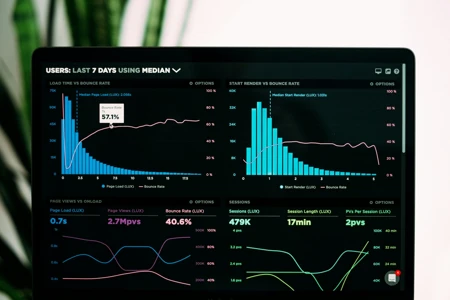At the start of a mortgage, the outstanding loan balance is at its highest and the interest rate is applied to this balance. Therefore, the majority of your monthly payment is applied to the interest charged on the outstanding balance, rather than to the principal (the amount borrowed).
As you make regular mortgage payments over time, the outstanding balance gradually decreases and, as a result, the amount of interest charged each month decreases. This means that a greater portion of your monthly payment is applied to the principal balance, which helps to pay off the loan faster.
In addition to the structure of the mortgage, the interest rate itself can also play a role in the amount of interest paid in the early years. If the interest rate is high, the monthly interest payments will be higher and will make up a larger portion of the monthly mortgage payment.
It’s important to note that paying mostly interest in the early years of a mortgage doesn’t mean that you are not building equity in your property. Every mortgage payment you make goes towards building equity, albeit at a slower rate during the early years.
Important information
Your home may be repossessed if you do not keep up repayments on your mortgage. There may be a fee for mortgage advice. The actual amount you pay will depend on your circumstances. The fee is up to 1% but a typical fee is £495.

